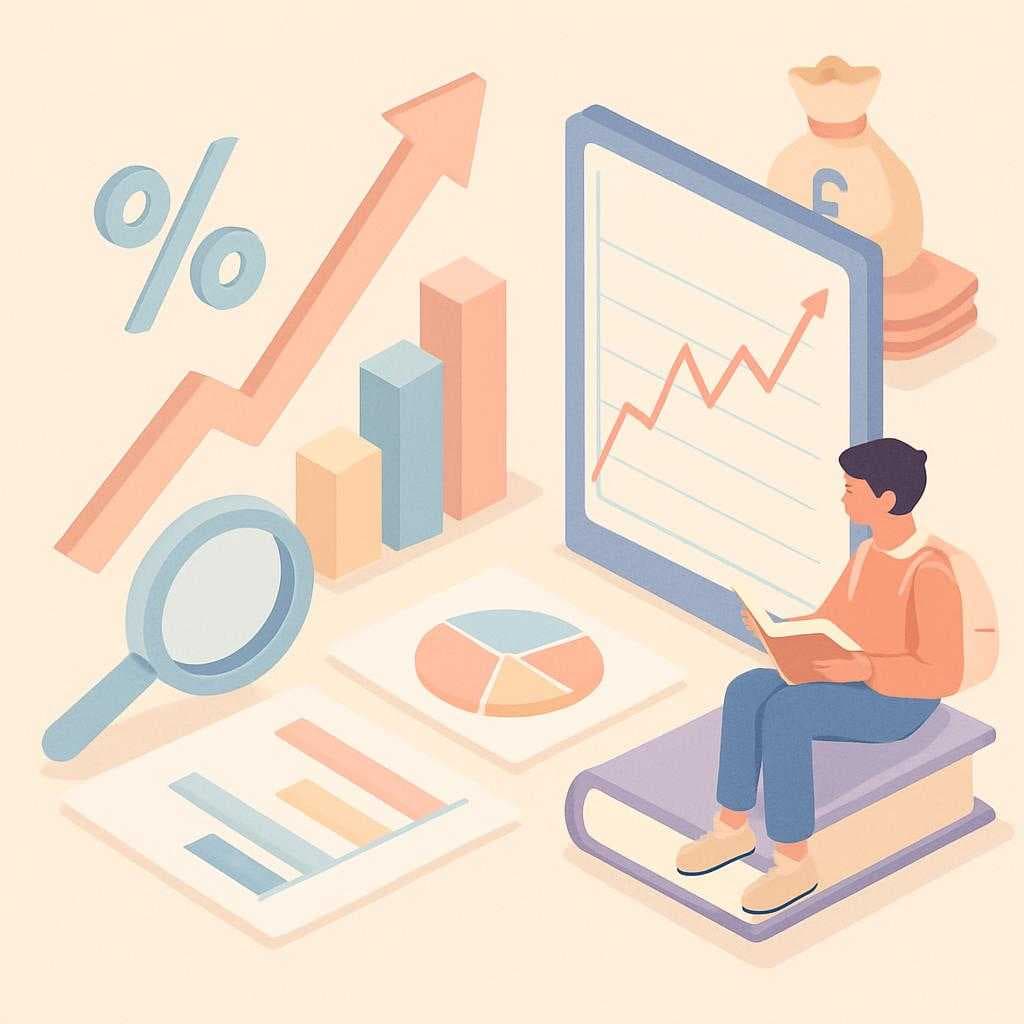Navigating the World of Economic Indicators: A GCSE Student's Guide
Summary: Dive into the essential world of economic indicators to excel in your GCSE Economics exams. Understand how these key signals impact the UK economy and prepare strategically for AQA, Edexcel, and OCR exam boards.
Studying economics at the GCSE level in the UK can be both exciting and challenging. With exam boards like AQA, Edexcel, and OCR setting diverse questions, it's crucial for students to grasp the importance of economic indicators. These indicators are vital tools that help economists, policymakers, and businesses understand the current and future state of the economy. Let's explore how mastering these indicators can give you an edge in your exams.
Understanding Economic Indicators
Economic indicators are statistical data points that reveal the economic performance of a country. They are broadly categorized into leading, lagging, and coincident indicators. Leading indicators, such as business confidence and stock prices, predict future economic activities, while lagging indicators, like unemployment rates, confirm trends after they've occurred. Coincident indicators, such as GDP and retail sales, move in tandem with the economy.
Understanding these indicators is key to analyzing economic conditions and crafting well-informed exam responses. For instance, knowing how the Consumer Price Index (CPI) reflects inflation will help you discuss inflationary pressures and their impact on households and businesses in the UK.
The Role of Economic Indicators in Exams
Exam boards like AQA, Edexcel, and OCR often include questions that require students to interpret and analyze various economic indicators. For example, you might be asked to discuss how changes in interest rates can influence consumer spending and economic growth. Being familiar with the Bank of England's role in setting interest rates and its effects on borrowing and inflation can significantly enhance your answers.
Strategic Preparation for Exams
To excel in your GCSE Economics exams, it’s essential to integrate economic indicators into your revision strategy. Start by following current economic news and reports, as these real-world examples can enrich your understanding. Create summary notes for each type of indicator and practice past exam papers to familiarize yourself with the question formats of different boards.
Engaging with study groups can also be beneficial. Discussing topics like GDP, exchange rates, and employment figures will deepen your comprehension and reveal different perspectives on their implications.
Conclusion
Mastering economic indicators not only prepares you for your GCSE exams but also equips you with a valuable understanding of the UK's economic landscape. By actively engaging with these concepts, you'll be well-equipped to tackle any exam board's challenges and excel in your economics studies. Remember, the key to success lies in practice, application, and staying informed about the world around you.
